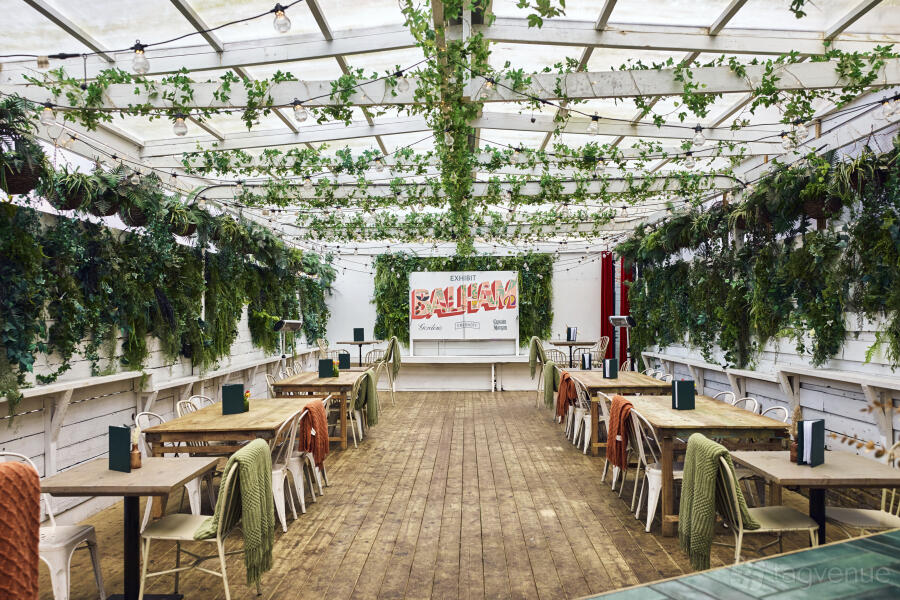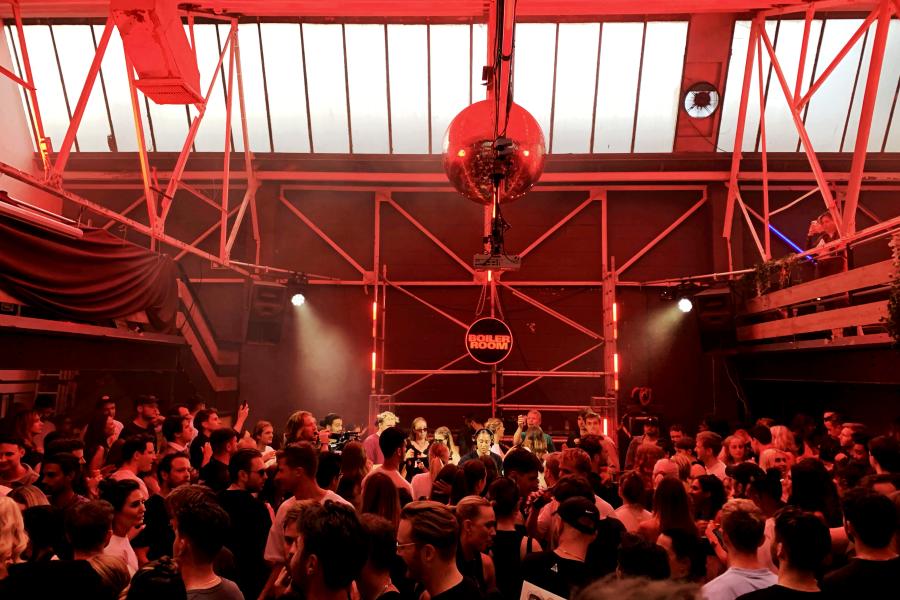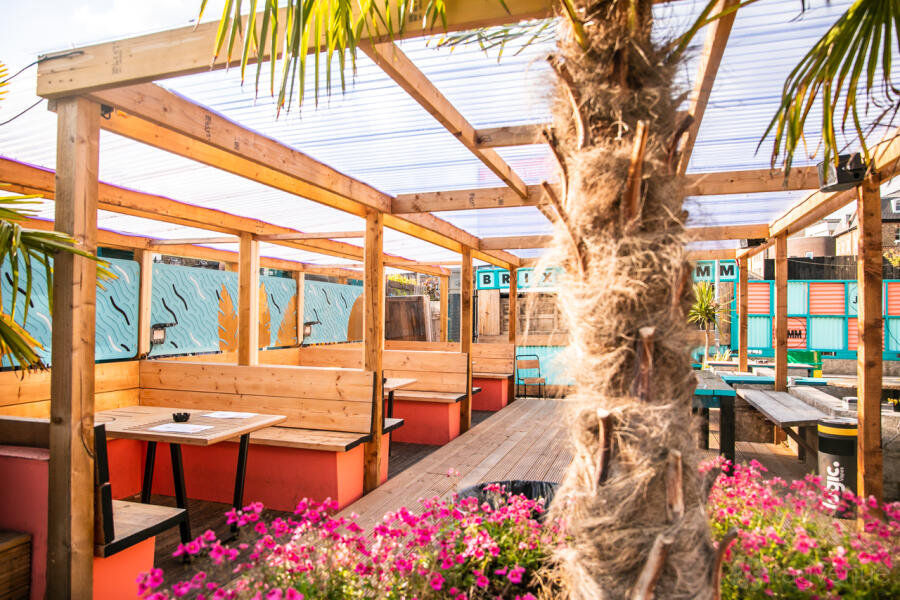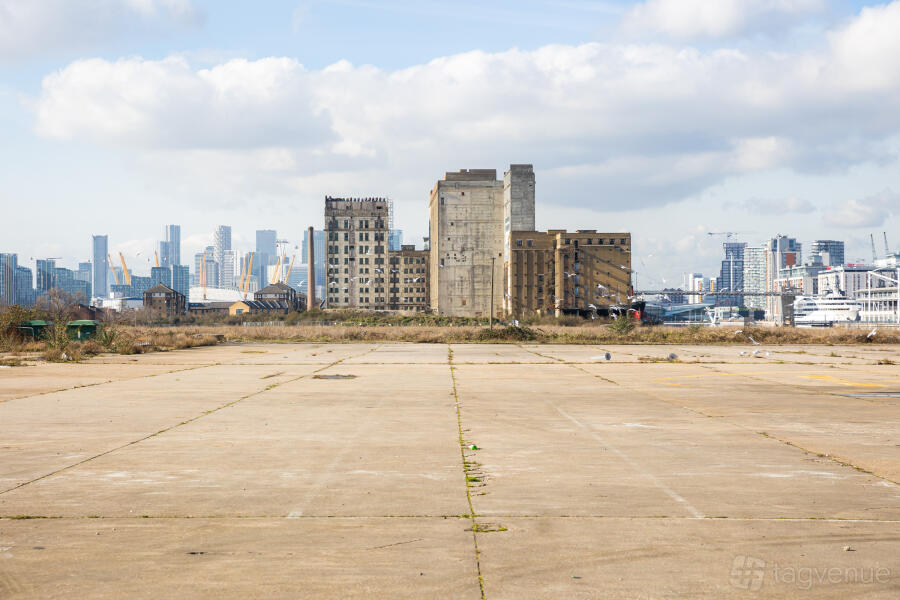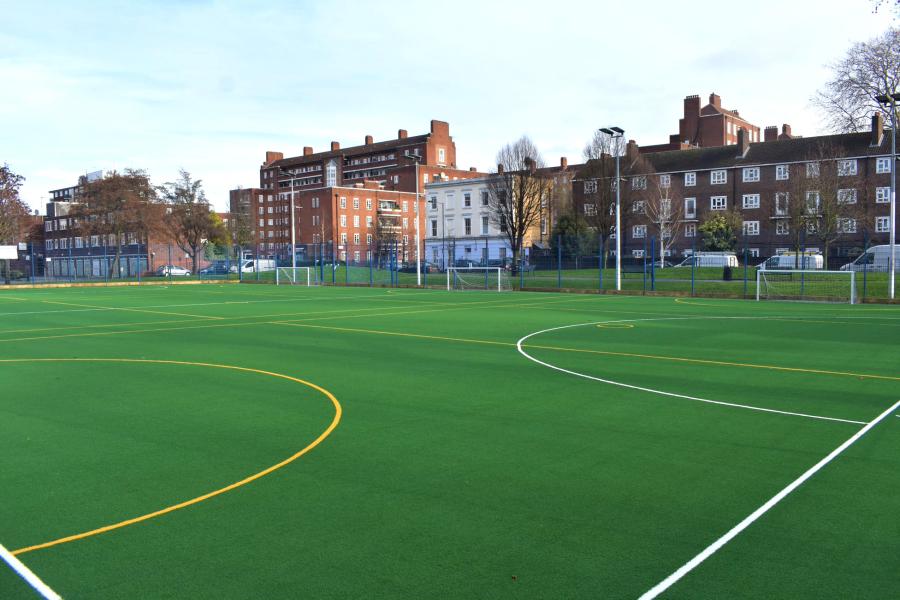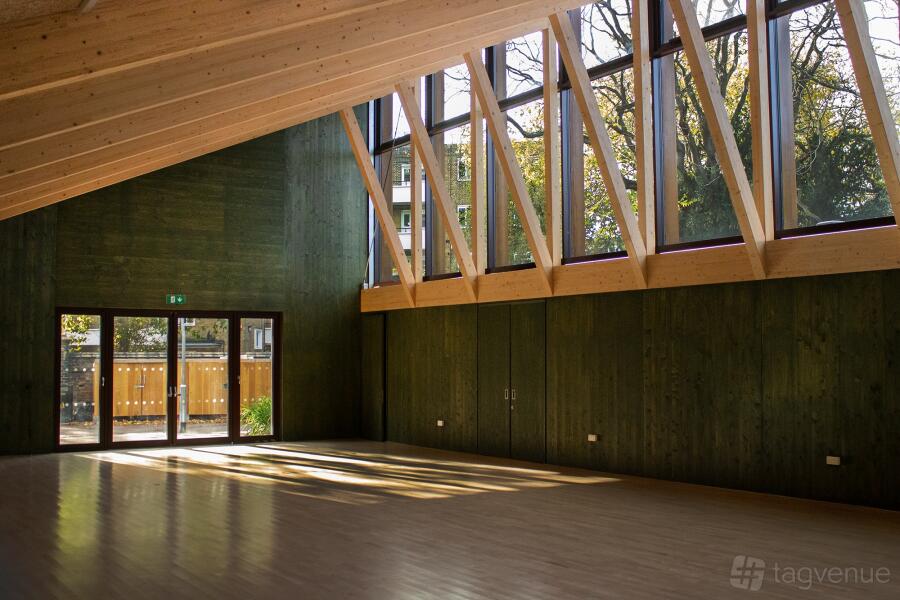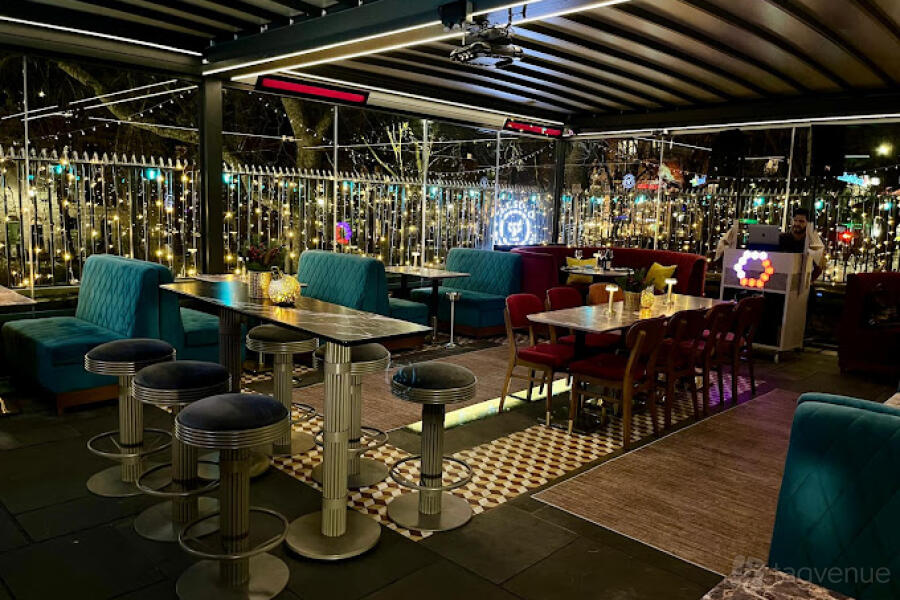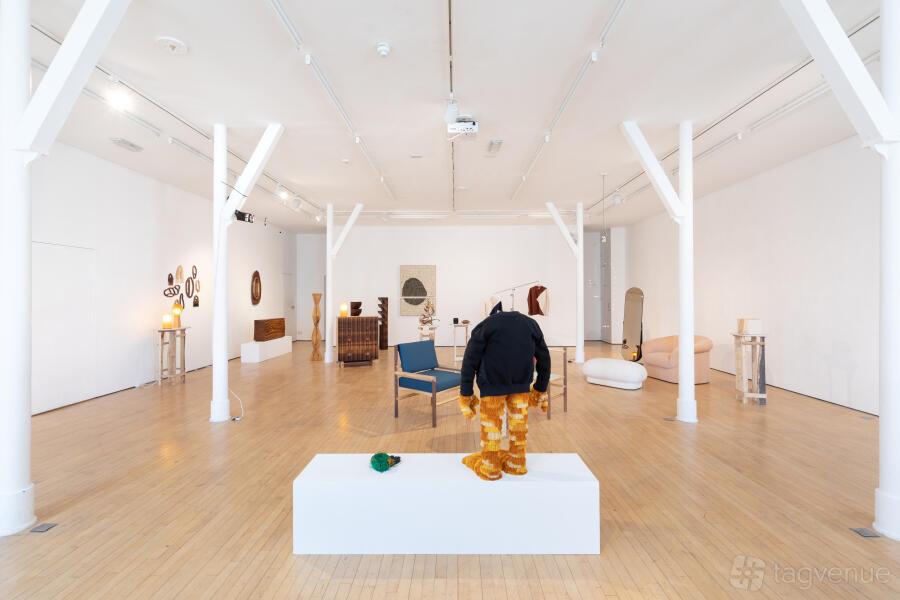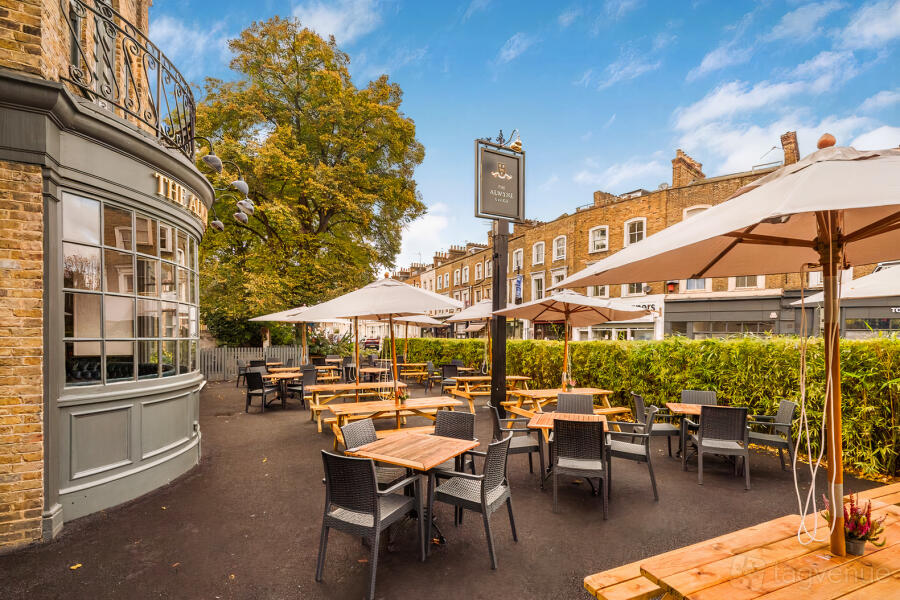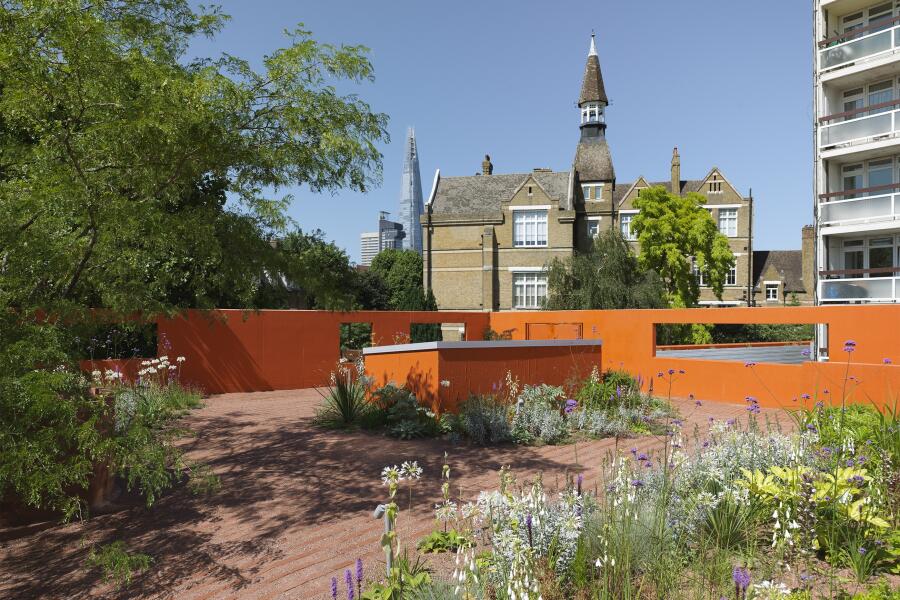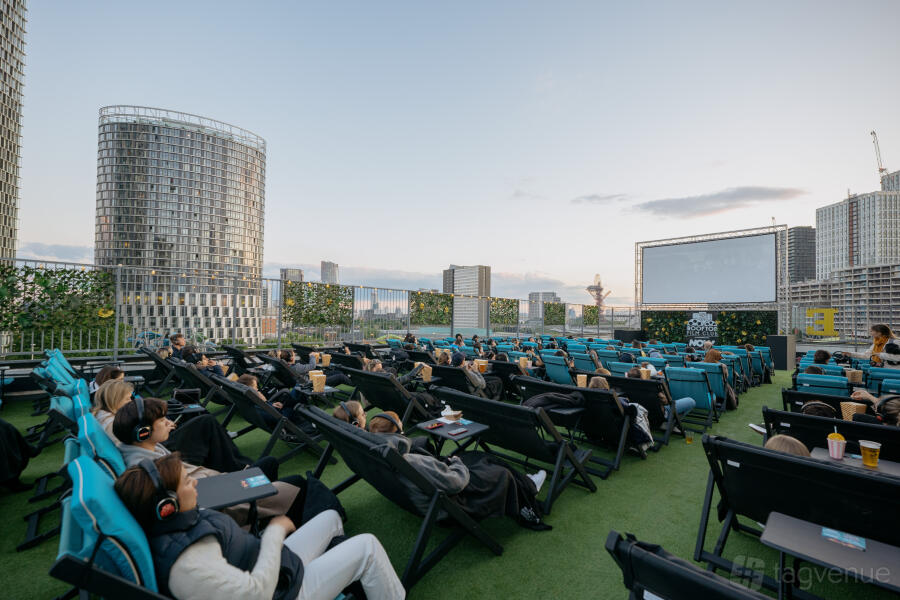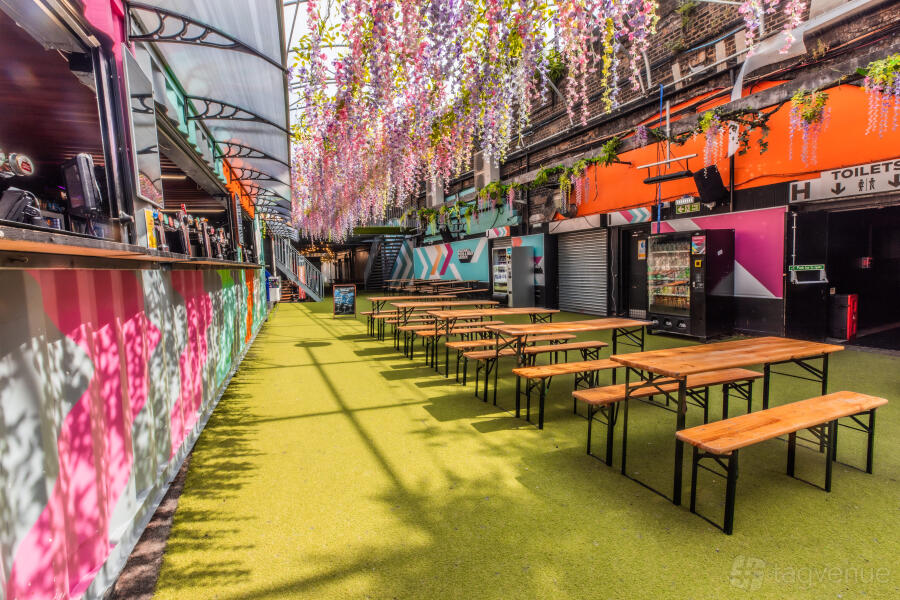Top Festival Venues in London
Organising a festival is no mean feat, so give yourself plenty of time to plan. After all, you’ll probably need to arrange performers, vendors and the festival site, as well as sell tickets and promote your event. Planning a live music festival, club festival, film festival, carnival or fete, but aren’t quite sure where to start? Tagvenue is here to help. We have a great selection of festival venues, from gorgeous gardens to wide-open spaces that are perfect for setting up an outdoor stage or two.
-
from £12000
minimum spend / per dayCheck availabilityExclusive Venue Hire
1150 guests26 Leake StreetWaterloo StationWaterloo, LondonMMartina
“Mac was a fantastic venue manager and helped us massively from day 1 till the end of the event.” -
from £500
minimum spend / per sessionCheck availabilityThe Secret Garden
100 guestsExhibitBalham StationBalham, London#Supervenue
AAmaka O.
“Also thank you to Gabriel who supported us at the bar. Really great venue to host your event! THANK YOU!!” -
from £450
hire fee / per eveningCheck availabilityEntire Venue
300 guestsUnit58Tottenham Hale StationHaringey, LondonAAmanda S.
“He made running my first event smooth. Lock in your date early as the venue is under high demand.” -
from £3000
minimum spend / per sessionCheck availabilityFull Venue Hire
350 guestsBarrio ShoreditchOld Street StationShoreditch, LondonLLaura M.
“Our second christmas party here, both times have been fantastic, the venue is perfect for large party groups.” -
from £20
per person / per sessionCheck availabilityCourtyard
300 guestsBrixton JammStockwell StationStockwell, LondonEEmil E.
“Staff are easy to work with. Big venue.” -
from £1500
minimum spend / per sessionCheck availabilityGazebo Garden
120 guestsThe GlasshouseNew Malden, LondonLLucy H.
“We came to the glasshouse and hired the gazebo for my daughters 18th and husbands 50th birthday party.” -
from £6000
hire fee / per dayCheck availabilityWhole venue
20000 guestsSilverworks IslandCustom House StationDocklands, LondonDockyards is a ground-breaking new open-air cultural destination for London. A transformable open-air space with views over the water, a canvas for imagination and innovation at the gateway to the capital. -
from £50
hire fee / per hourCheck availabilityAstroturf Sports Pitches
500 guestsCastlehaven Community Centre & HubCamden Town StationCamden, London#Supervenue
SSaranya P.
“Everything was neat and tidy, there were Christmas decorations which made the room even more colourful.” -
from £65
hire fee / per hourCheck availabilityMain Hall
230 guestsSands End Arts & Community CentreParsons Green StationFulham, LondonSSarah J.
“The customer service received by Emily was excellent throughout my booking and the day of my event.” -
from £500
minimum spend / per afternoonCheck availabilityRoof Terrace
100 guestsThe Solo Kitchen & BarBethnal Green StationBethnal Green, LondonAArthur S.
“Me and my partner booked this venue for our engagement party and it was fantastic.” -
from £6000
hire fee / per dayCheck availabilityConcourse
2000 guestsAFC Wimbledon Plough Lane Stadium C&EMerton, LondonGGiacomo V.
“Facilities are brand new, the space is great, there was everything we could have asked for.” -
from £2640
hire fee / per eveningCheck availabilityLivery Hall
400 guestsStationers' Hall & GardenSt. Paul's StationCity of LondonKKinal &.
“The venue is stunning - and offers a little hidden oasis of a garden in middle of central London.”
- 1
- 2
- 3
- ...
- 9
Popular filters
Capacity
Budget
Area type
Venue type
Catering and drinks
Accessibility features
Pick from London's Affordable Venues for Festivals
“I also liked how easy it was to book and organise food for the group.”
“Cannot speak highly enough about the team and the venue.”
Make an Impression at Remarkable Bars for Festivals
“It also comes with a bar which is great. Emilia was very helpful in the lead up to my party.”

FAQs about Top Festival Venues in London
Booking costs of festival venues average £6000 hire fee per day. Costs vary depending on guest capacity, popularity, location, and amenities like sound systems or bar services. Extra charges may apply for custom catering, decor, or event planning services. Packages with add-ons, such as DJs, photo booths, or other entertainment services, can also increase the overall cost. Check out the typical price ranges in London, based on Tagvenue data from January 2026:
| From £4000 | to £10500 | hire fee per day |
| From £1000 | to £12000 | minimum spend per event |
| From £120 | to £300 | hire fee per hour |
Based on the popularity and user ratings on Tagvenue (updated January 2026), the best options include:
-
Entire Venue at Unit58 in Haringey - rated 5/5
Our user said: ‘Lock in your date early as the venue is under high demand. Bonus for the two cats who live around the venue.’ -
Exclusive Venue Hire at 26 Leake Street in Waterloo - rated 4.8/5
Our user said: ‘The location is great and the venue is very beautiful.’ -
The Secret Garden at Exhibit in Balham - rated 4.7/5
Our user said: ‘Also thank you to Gabriel who supported us at the bar. Really great venue to host your event!’
You'll find festival venues in various sizes, from smaller spots to larger venues; keep in mind that the type of space and your chosen layout will affect the capacity! Below you can see the typical venue sizes in London, together with the standard prices in each size range, based on Tagvenue data (January 2026):
| Small | up to 180 guests | prices average £180 hire fee per hour |
| Medium | between 350 and 600 guests | prices average £3000 minimum spend per event |
| Large | over 800 guests | prices average £8000 hire fee per day |
These are the venues within 0.6 mi from central London, available to book on Tagvenue:
-
Drill Hall at London Scottish House
on 95 Horseferry Road - 0.2 mi from centre.
Our user said: ‘I had a very good experience with this venue!’ -
Vauxhall Food and Beer Garden at Vauxhall Food and Beer Garden
on South Lambeth Place 6A - 0.6 mi from centre.
Our user said: ‘Venue itself was great, loved the outdoor space and the club area.’ -
The Runway at Vauxhall Arches
on 39-44 Parry Street Vauxhall - 0.6 mi from centre.
Our user said: ‘Great venue, very organised and great communication. Highly recommended!’
The first step to organising an outdoor festival in London is to get all of your permits. There are two kinds of permits required: one for the festival itself and one for each individual performance area. In order to apply for these permits, you'll need to get in touch with the local council planning department. They'll be able to tell you exactly what kind of information they'll need from you and how long it will take them to process it, but it's usually not more than a few weeks.
Once you have your permits, you can start thinking about other aspects of organising an outdoor festival in London. One of the most important things is choosing a venue that will work well for your event—especially if you intend on selling tickets or charging admission fees! You might also want to think about getting security guards (if necessary), hiring a stage manager (if you're holding performances), getting insurance coverage and making sure that there's enough room on-site for all of the vendors who'll be selling food or drinks during your event. And finally, make sure that everyone knows about your event! Print up flyers and post them around town. You can also put them up on social media or put up signs at local businesses, whatever works best for your audience.
Once you've chosen your venue, you can start advertising it with flyers, posters, and social media posts. The next step is to start building an online presence for your event. You should make a website with all the details of what's happening at the festival, and links to buy tickets and even purchase merchandise. You can also use social media platforms like Facebook or Twitter to share information about the festival and get more people interested in attending. Why not also consider creating an app for those who are attending so they can keep track of all the bands playing and any other activities happening at the event (like drinking games)?
Your Guide to Hiring Festival Venues in London
Organizing a festival in London requires careful planning, especially when it comes to securing the right venue. This guide outlines key steps to help you book a festival venue that suits your event’s needs.
1. Define Your Festival’s Needs
-
Determine the Event Type and Size: Decide whether your festival focuses on music, film, art, or another theme, and estimate the expected number of attendees. Venues vary from small gardens to large arenas like the O2 or Wembley Stadium, so clarity on scale is crucial.
-
Identify Key Requirements: Consider facilities like catering, toilets, A/V equipment, parking, and accessibility. For outdoor venues, plan for weather contingencies. Indoor venues may already have sound systems, which is ideal for music festivals.
2. Set a Budget
-
Understand Costs: Festival venue hire in London ranges from £200 to £10,000+ per day, depending on size and amenities. Budget for additional costs like security, cleanup, and permits.
-
Negotiate and Reserve Funds: Use venue booking platforms to compare prices and negotiate deals. Keep a reserve for unexpected fees.
3. Research and Shortlist Venues
-
Explore Venue Options: London offers diverse festival venues, such as:
-
Outdoor Spaces: Brockwell Park, Gunnersbury Park, or Southwark Park .
-
Indoor Venues: Royal Albert Hall, O2 Academy Brixton, or Southbank Centre’s Royal Festival Hall for music and cultural events.
-
Unique Spaces: Dockyards for open-air cultural events or converted warehouses in Brixton for a vibrant atmosphere.
-
-
Use Venue Platforms: Websites like Tagvenue list thousands of venues with filters for location, capacity, and features. Check reviews and verify venues for quality.
4. Check Permits and Logistics
-
Secure Permits: Obtain two types of permits—one for the festival itself and one for each performance area. Contact local authorities early to comply with regulations.
-
Assess Accessibility: Ensure the venue is accessible via public transport (e.g., Southbank Centre has 20+ bus routes nearby) and offers step-free access for inclusivity.
-
Plan Logistics: Arrange for security, fencing, and technical equipment. Confirm the venue’s maximum capacity and adhere to safety guidelines.
5. Book Early and Communicate
-
Book in Advance: Popular venues like fill up quickly, especially for summer festivals. Secure your venue months in advance.
-
Liaise with Venue Managers: Communicate with hosts for setup details, equipment availability, and past event experience. Fast-response venues often reply within 8 hours.
-
Confirm Details: Double-check booking terms, cancellation policies, and insurance requirements (e.g., comprehensive liability coverage of at least $1,000,000).
6. Promote and Plan
-
Market Your Festival: Once the venue is booked, create a marketing plan to sell tickets. Highlight unique venue features, like the iconic arches at Clapham Junction or waterfront views at Dockyards.
-
Coordinate Vendors and Staff: Arrange performers, food stalls, and volunteers. Plan the festival schedule to ensure smooth operations.
Tips for Success
-
Choose a diverse lineup to keep attendees engaged.
-
Test A/V equipment in advance for music or film festivals.
-
Prioritize attendee safety with hydration stations and first aid.
-
Use platforms like Tagvenue for seamless booking and verified venues.
By defining your needs, budgeting wisely, and booking early through reliable platforms, you can secure the perfect London festival venue for a memorable event.
People also search for
Festival Venues in nearby suburbs
Festival Venues in other cities
Verified Reviews of Festival Venues in London
Page last updated in January 2026
To provide you with relevant information, our pages are refreshed using an algorithm that aggregates real-time data, including bookings, reviews, and venue updates.

